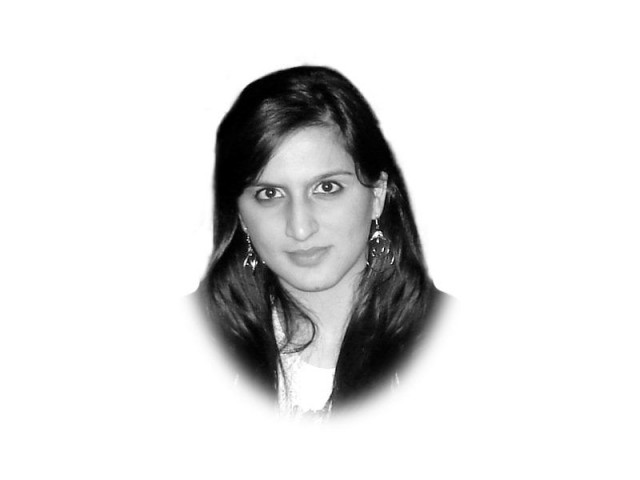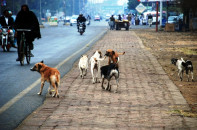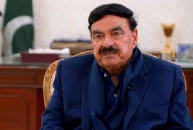The Russia-EU question
Russia faced grave blows not only from its foes but even from friends. But Russia still stands strong.

Moscow suffered great losses after the Cold War. It lost its Warsaw allies and the USSR disintegrated, causing the division of a massive territorial space and enormous resource concentration. Moreover, the military power of Russia had deteriorated to a great extent due to the economic and financial crisis.
Hence, Russia faced grave blows not only from its foes but even from friends. But despite all that, Russia still stands strong. Its military powers, economic might and ideological leeway remain strong vis a vis other countries in the region.
In 2003, Russia accounted for 22 per cent of the world gas production and considering the prior commitments of other producers in the vicinity of Europe, the role of Russia’s energy sector is expected to grow.
Regardless of the chances of securing rewarding bilateral relations with Russia, EU has been inept in realising the significance of Russia as a strong neighbour, which is evident from the ever increasing influence of Nato in the European political space and the extension of Nato to Eastern Europe. This has played a key role in marginalising Russia.
The prospects of strong partnership are further aggravated as a lack of allies from the West pushes Russia politically and ideologically ‘elsewhere’ in the region, giving rise to the prospects of Russian-Chinese rapprochement.
Regionally, Russia could play a great role, owing to its geopolitical status, without antagonising other international actors. For Russia too, Europe is central to its life and being unable to align with the hegemony that is the US, Europe stands instrumental to Russian transformation.
EU can play a vital role in upgrading the current infrastructure and optimising the utility of energy supplies from Russia. Russia also has enormous potential for cost effective reduction of green house emissions.
The trouble is a lack of a uniform EU policy towards Russia mainly due to the split in the dependence on Russian energy - for instance Latvia and Bulgaria are almost completely dependent on Russian energy supplies whereas Spain and Ireland receive no energy from Russia. It is time to rethink a potentially rewarding alliance with some clarity.
Published in The Express Tribune, January 30th, 2014.



















COMMENTS
Comments are moderated and generally will be posted if they are on-topic and not abusive.
For more information, please see our Comments FAQ